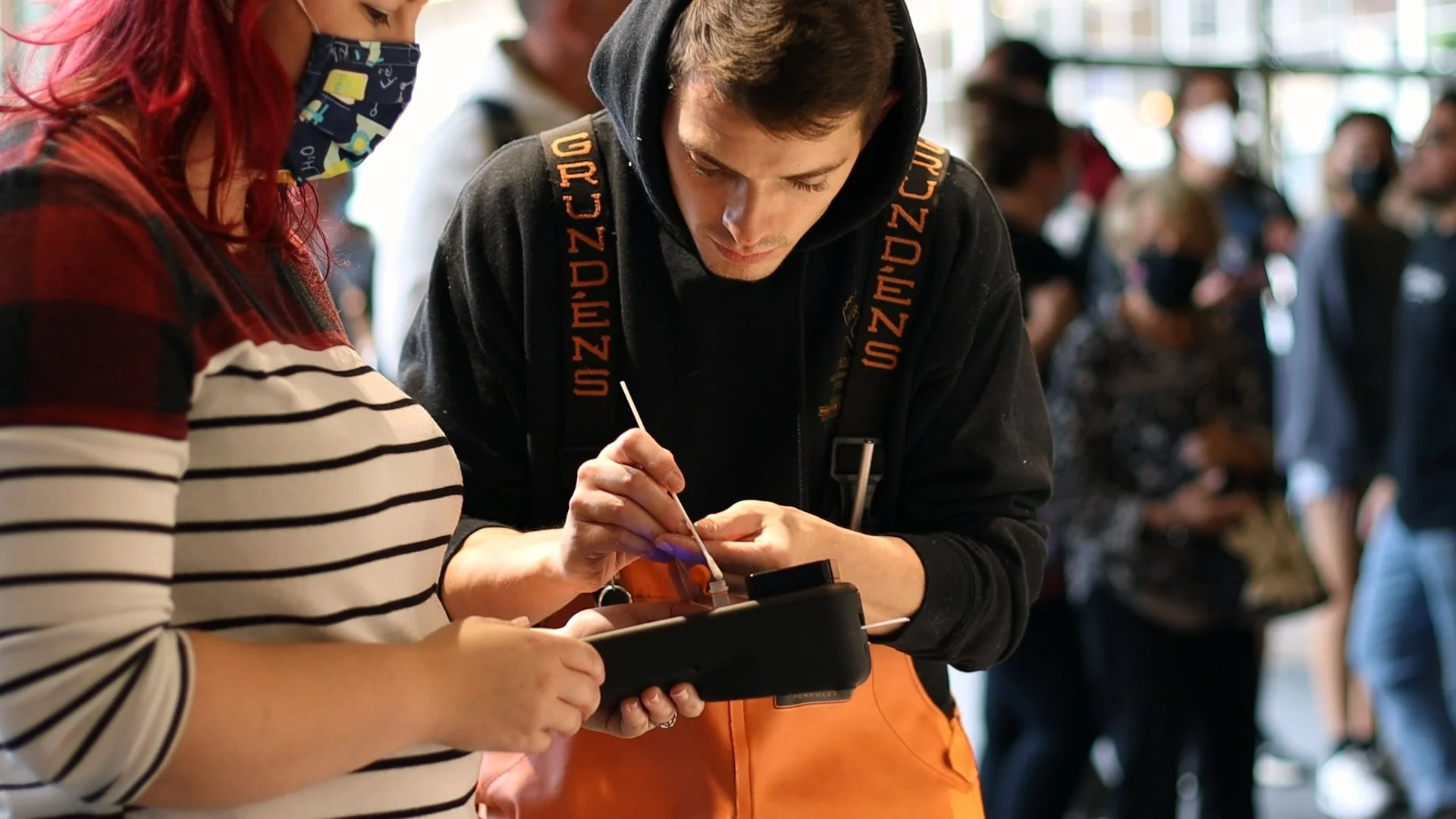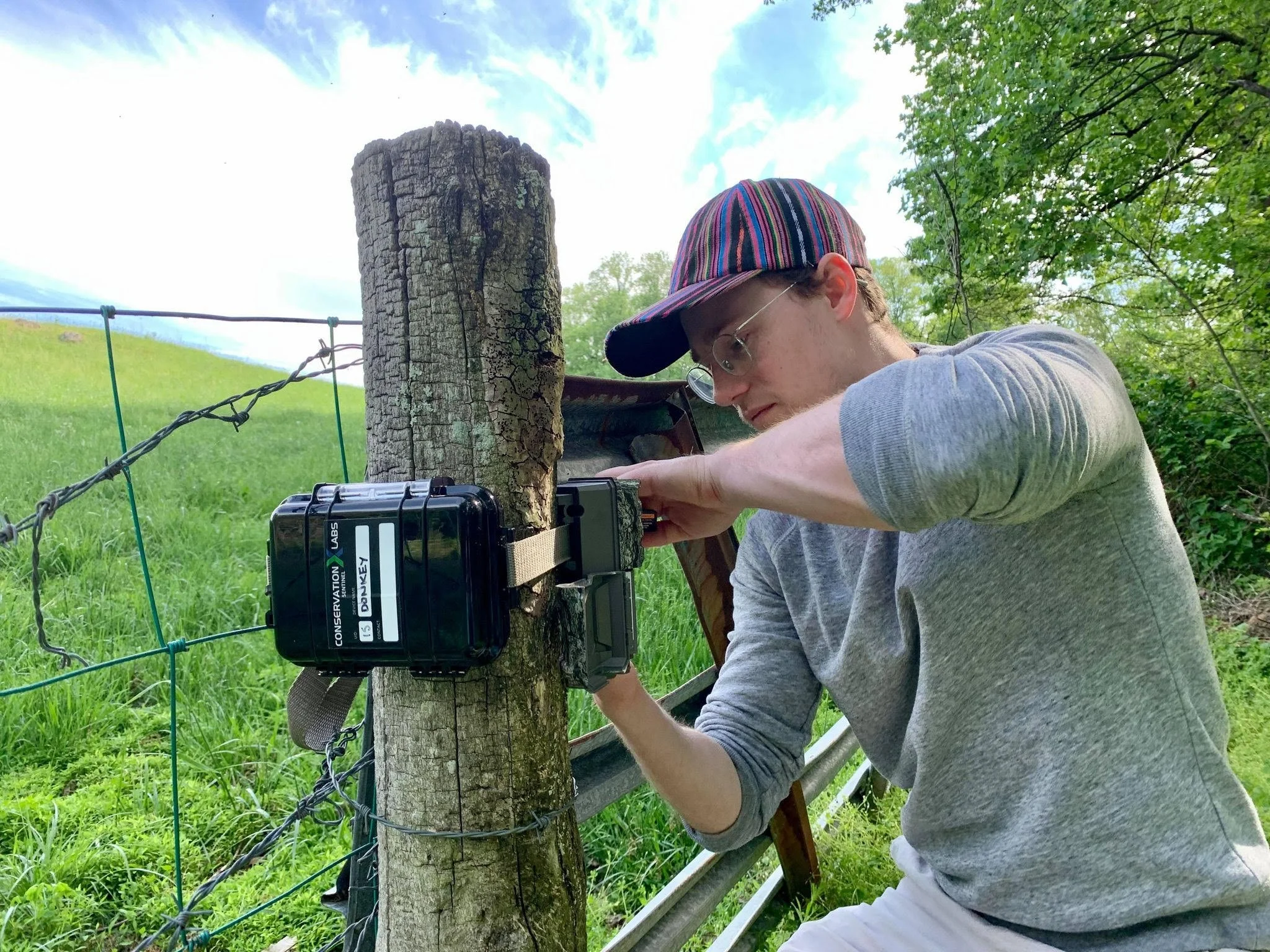What role does conservation play in preventing pandemics?
New infectious diseases emerging at a faster rate than ever before. As natural environments degrade, they are more likely to harbor infectious diseases and transmit pathogens.
Increasingly, emerging infectious diseases are zoonotic: 60% are shared between wildlife and humans. Today, the frequency of epidemics is increasing, driven by surging populations, environmental change, wildlife trafficking, and globalized trade and travel.
Planetary Health Impacts all of us
Preventing future pandemics
COVID-19 is not the only pathogen to threaten humanity, nor will it be the last. Scores of infectious diseases threaten humankind: both familiar ones like influenza and colds, malaria and tuberculosis, but also less familiar ones, arising from emerging viruses and bacterial infections including Ebola, H5N1 avian flu, Zika, severe acute respiratory syndrome and Middle East Respiratory Syndrome. These pathogens affect our species both directly and indirectly. They impact the biodiversity around us, including the animals and plants we depend on for survival.
As we respond to the continuing COVID-19 outbreak, it is even more important to think about how we prevent future pandemics. Indeed, COVID-19 presents us with an unprecedented opportunity to create a world where we anticipate, plan for, and mitigate pandemics before they happen. We can address this disease by building the capacity and infrastructure needed to prevent future outbreaks.
We must take a comprehensive, evolutionary and ecological approach to understanding where the next outbreaks may occur and focus on biosurveillance to identify and anticipate outbreaks. This approach requires us to develop the tools to detect these pathogens early and understand the factors that facilitate their emergence.
4 tools to preventing the next pandemic
Diagnostics for WHO’s 20 Neglected Tropical Diseases
Diagnostics for illegal wildlife trade and trafficking
Diagnostics for agricultural pests and pathogens to ensure product safety and veracity
Diagnostics for early detection of emerging pathogens
In all of these applications, the crucial missing piece is our ability to detect the pathogens accurately and quickly - in the field. Such diagnostics tools could be transformative to addressing additional major challenges of global health, food systems, conservation, and climate change.
Rapid identification of novel viruses and the presence of pathogens will enhance biosecurity in markets and farming systems, reduce public health risk, increase food security, and assist in the conservation of hunted species.
new Solutions
The NABIT
The NABIT (Nucleic Acid Barcode Identification Tool) places the power of a genetics lab in anyone’s hand. The NABIT is a low-cost, field-ready, easy-to-use, portable device to detect or identify the DNA & RNA of pathogens, wildlife, or food health, anywhere in the world, without specialized training or equipment. The NABIT will empower a huge array of people – customs agents, border officers, medical professionals, fisheries inspectors, scientists, conservationists, consumers, even everyday citizens – to confirm a species identity without a lab or expertise.
The Sentinel
The Sentinel is an AI toolkit that makes conservation tools smarter. It upgrades monitoring tools — like trail cameras and acoustic recorders — with revolutionary and intuitive AI technology. Through this system, we can turn millions of monitoring devices into active tools that directly address some of the underlying drivers of extinction including preventing the spread of invasive species and wildlife trafficking. This breakthrough platform empowers conservationists to rapidly respond to wildlife-related threats efficiently by processing environmental data in real-time as it’s collected.
By making diagnostic tools accessible to all – anywhere, at any time, by anyone – we can get ahead of the challenges that face us from emerging pathogens and their threat to human health, agriculture, and biodiversity.
Take action
Sign our petition and tell President Biden about the enormous opportunity to cool the planet, prevent pandemics, and improve global health security by instituting a National Biodiversity Strategy.











